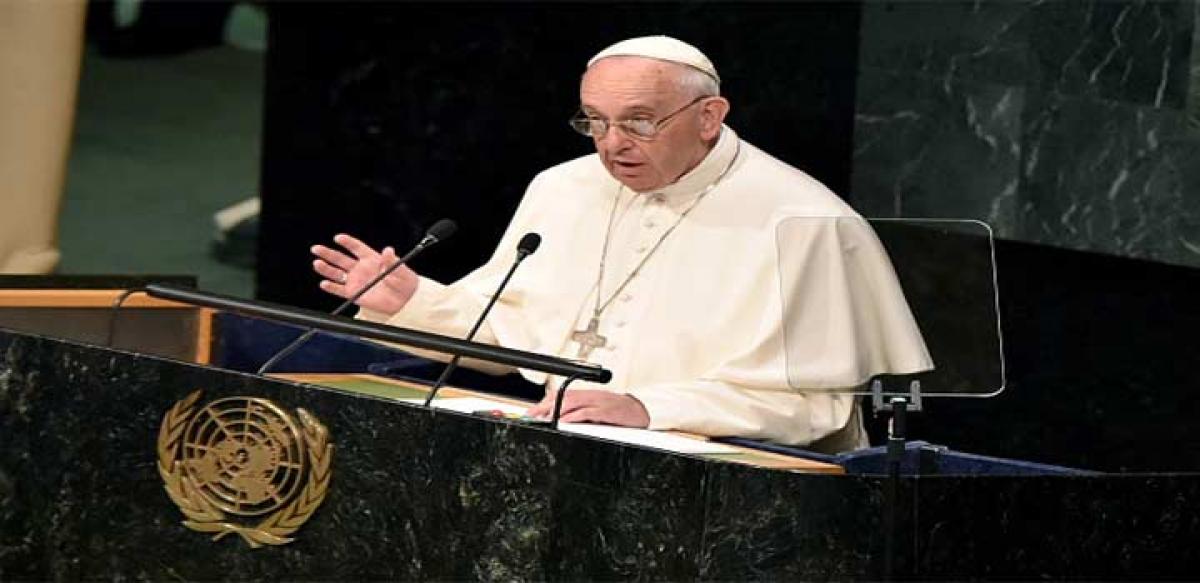Live
- Chandrababu slams YS Jagan over Tirumala visit, says temple protocol should be followed
- SP Gaikwad Conducts 2024 Duty Meet for Police Officers
- SP Vaibhav Gaikwad Launches Awareness Song to Combat Drug Abuse Among Youth
- Kutluru Village Wins National Adventure Tourism Award
- Telangana Government Launches 'Telangana Darshini' Program for Government School Students
- Viatris Pharma Donates Rs. 6.4 Crores for Nutritious Breakfast Program in Kodangal Schools
- 8-Day All India 49th Dance Competitions Conclude with Grand Prize Distribution
- Devotion and harmony: Suchismita & Debopriya on Indian Classical Music
- Andhra Pradesh Flood Claims Management under the guidance of Hon’ble CM Chandrababu Naidu
- Toyota Kirloskar Motor Expands Flagship ABCD Program in Ramanagara District to Enhance Sanitation and Hygiene Education in Government Schools





.jpg)




